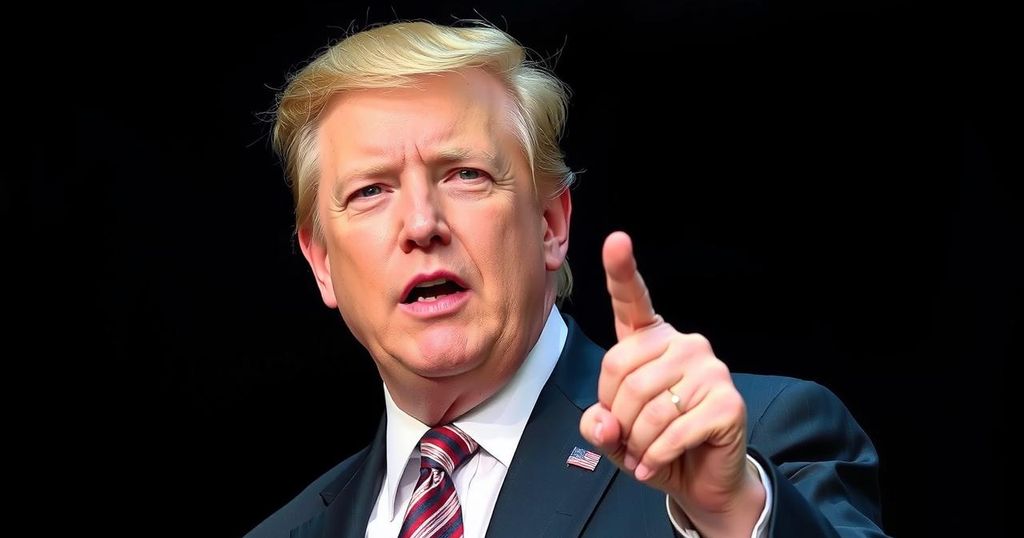Elon Musk’s Influence in Trump’s Campaign: Legal and Ethical Implications

Elon Musk has emerged as a significant donor for Donald Trump’s election campaign, utilizing his financial resources in critical states like Pennsylvania. His strategy involves offering substantial monetary incentives to voters who support his pro-Trump political action committee. This approach has raised serious legal and ethical questions amidst Musk’s intertwined business and political interests.
Elon Musk, the world’s wealthiest individual, has emerged as a prominent megadonor for Donald Trump’s campaign, leveraging his substantial financial resources to influence key battleground states, notably Pennsylvania. His latest initiative includes offering a daily random prize of $1 million to swing state voters who sign a petition supporting his pro-Trump political action committee, which advocates for constitutional rights. This approach has sparked significant legal and ethical debates due to potential violations of election laws regarding voter compensation.
Musk has already allocated $75 million through his political action committee, America PAC, towards Trump’s campaign efforts. Experts cast doubt on the legality of Musk’s incentives, arguing that federal laws prohibit any form of payment linked to voter registration or voting. Despite Musk’s assurances that the petition signing is a separate act from voting, concerns persist regarding the overall implications of such funding in political campaigns.
Furthermore, as Musk seeks to intertwine his financial interests with political backing, his companies, particularly SpaceX and Tesla, have reaped substantial government contracts, asserting a dependency of federal agencies on Musk’s services. This dependency raises critical considerations about the interplay between corporate interests and governmental oversight. Overall, as Musk’s political engagements and business pursuits converge, questions about his motivations and their potential ramifications for regulatory practices remain at the forefront of this discourse.
The topic surrounding Elon Musk’s involvement in electoral politics stems from his substantial wealth and influence, positioning him as a powerful figure in the American political landscape. His financial contributions to Donald Trump’s campaign, particularly in strategic battleground states, highlight the intersection of corporate interests and political power. The legal implications of financial incentives offered to voters point to an ongoing conversation about election integrity and campaign financing in the United States.
In summary, Elon Musk’s role as a significant donor in Donald Trump’s campaign raises pressing concerns surrounding legal compliance and the ethical dimensions of financial influence in politics. Musk’s innovative yet controversial strategy of incentivizing voter engagement through monetary rewards has drawn scrutiny regarding its legality and can set a concerning precedent in campaign financing. Furthermore, his companies’ deep entanglements with government contracts raise questions about the future of regulatory oversight and corporate governance in political processes.
Original Source: www.pbs.org








